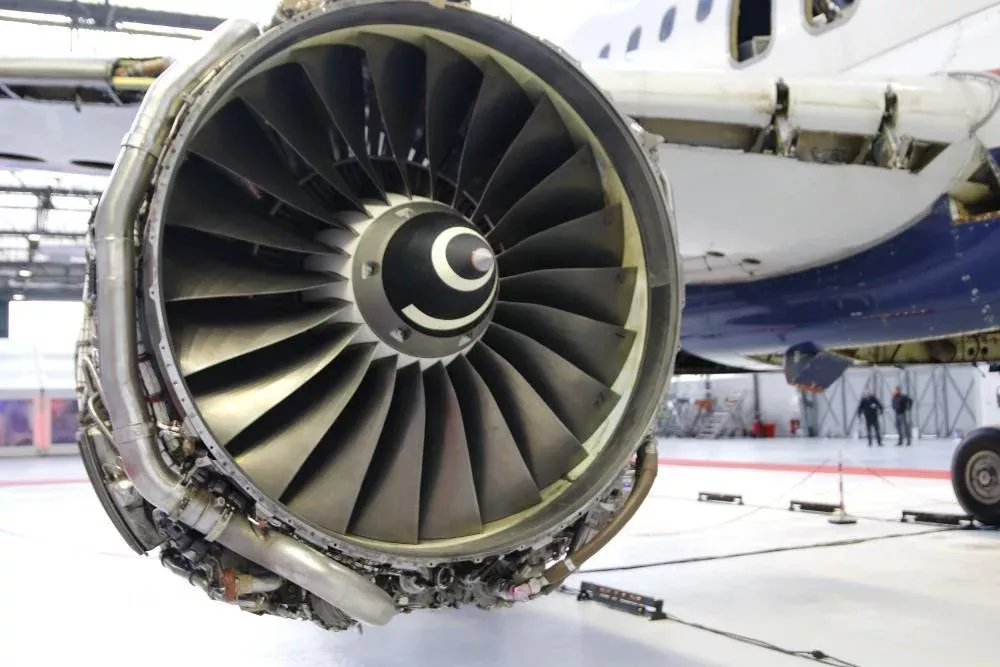
The peak of CFM International CFM56 overhauls, penciled in for 2025, may be delayed due to challenges ramping up production of its successor engine, the Leap 1B, and ongoing strong demand from airlines.
CFM joint venture partner GE Aerospace had previously indicated that falling aircraft retirements would drive 200 more CFM56 shop visits in 2024 than anticipated.
Narrowbody engine retirements in 2024 are forecast to be the lowest of the next decade, at approximately 804, compared with the highest annual total of 1,428 in 2028, according to Aviation Week Intelligence Network's 2024 Commercial Aviation Fleet and MRO Forecast.
“We know the airlines are looking to generate as much lift as they possibly can, and to the extent that they're paced by deliveries, retirements will slow and that installed base will be worked,” said GE Aerospace CEO Larry Culp in an earnings call.
He added that the surge in utilization of the CFM56 could push back peak maintenance spending on the engine.
In the first quarter of 2024, GE’s commercial engines and services revenue grew 12% (within total revenue growth for that segment of 16%) to $6.1 billion, as compared with the prior-year period. Going forward, the OEM expect mid-teens revenue growth for services this year, with shop visit output growing faster than spare parts sales.
“A key priority in our services business is improving turnaround times to increase our shop visit output,” said Culp.
He added that actions such as reducing Leap test cell hours had helped to lower average Leap turnaround times to 90 days in the first quarter, from 100 days last year.
“While there's more work to do, we're focused on getting engines back in the hands of our customers faster without compromising safety or quality,” said Culp.
However, GE Aerospace still faces challenges across its business from the supply chain.
“This quarter, total engine deliveries improved, up 9% year-over-year, including defense up over 50%. However, these deliveries were short of our objectives due largely to continued material availability challenges,” said Culp.





